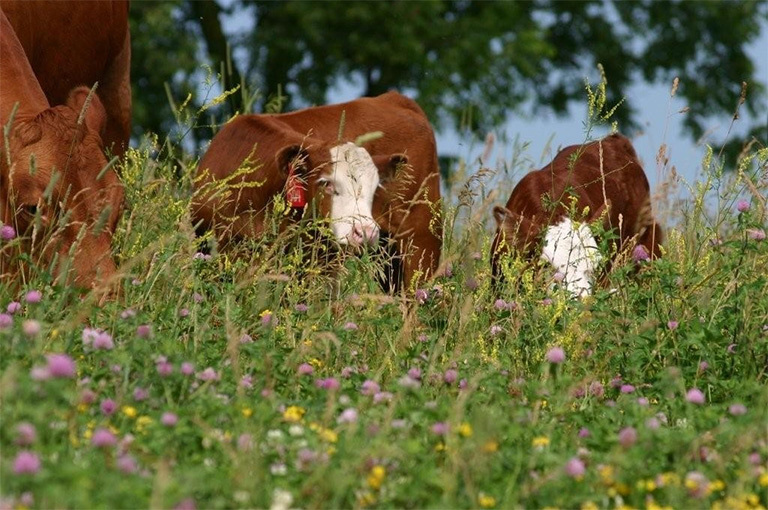
Today (15 March), along with Eurogroup for Animals, we are calling to reject plans to launch the world’s first commercial octopus farm after uncovering the animal cruelty and environmental consequences it would cause.
We are also calling on the EU not to use public money to support octopus farms, or any other new animal factory farms in the light of significant and growing evidence that it is killing our planet.
Unthinkable Cruelty
The plans, uncovered by Eurogroup, were submitted to the General Directorate of Fishing and the Government of the Canary Islands by Nueva Pescanova.
They raise serious concerns around the treatment of the octopuses and the hazardous environmental impacts, including a cruel slaughter method using ice slurry, confining octopuses in small, barren, and overcrowded tanks, and practices that would lead to the overexploitation of wild fish.
These and other concerns are highlighted in our new report called Uncovering the horrific reality of octopus farming. They reveal that around one million octopuses will be reared at the proposed farm in the Port of Las Palmas in Gran Canaria, Spain, producing some 3,000 tonnes of octopus each year.
End Octopus Farming Now
Octopus has become an increasingly popular food in recent decades, particularly in Spain. As a result, wild octopuses’ numbers are dwindling. In 2015, the number of octopuses caught around the world reached a high of 400,000 tonnes – 10 times more than in 1950.
In 2021, Compassion released a powerful report, Octopus Factory Farming: A Recipe for Disaster, arguing that octopus farming is cruel and would cause environmental damage to our oceans. According to the report, experimental trials to farm octopuses suggest that the mortality rate in these systems would be around 20%, meaning that 1 in 5 octopuses would not survive the entire production cycle.
If approved, the Canary Islands farm would be the world’s first industrial octopus farm, but there are attempts to establish similar farms in other parts of the world such as Mexico and Japan.
Elena Lara, Research Manager at Compassion in World Farming and author of the report, said: “We implore the Canary Islands authorities to reject Nueva Pescanova’s plans and we urge the EU to ban octopus farming as part of its current legislative review. It will inflict unnecessary suffering on these intelligent, sentient and fascinating creatures, which need to explore and engage with the environment as part of their natural behaviour. Their carnivorous diets require huge quantities of animal protein to sustain, contributing to overfishing at a time when fish stocks are already under immense pressure. We should be ending factory farming, not finding new species to confine in underwater factory farms.”
Reineke Hameleers, CEO at Eurogroup for Animals, added: “Blindly establishing a new farming system without consideration of the ethical and environmental implications is a step in all the wrong directions and flies in the face of the EU’s plans for a sustainable food transformation. With the current revision of the animal welfare legislation, the European Commission now has the real opportunity to avoid the terrible suffering of millions of animals. We cannot afford to leave aquatic animals behind.”
